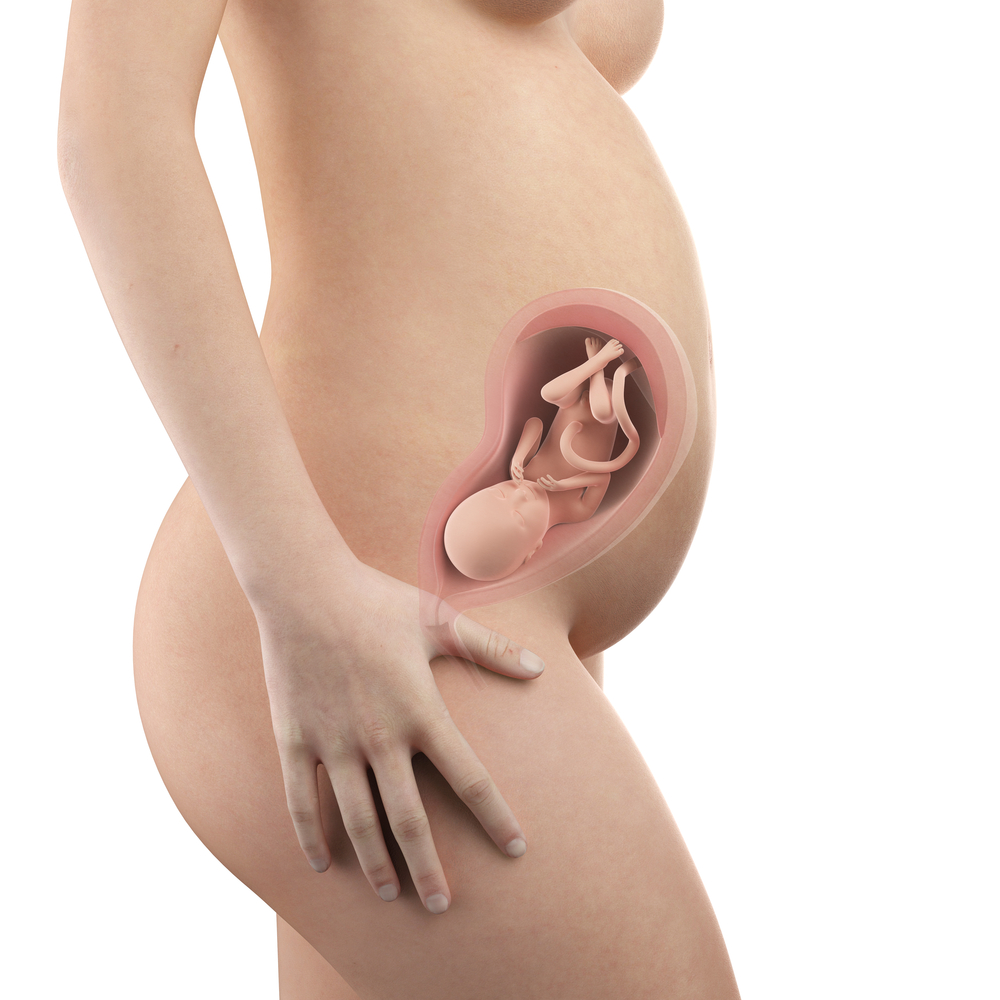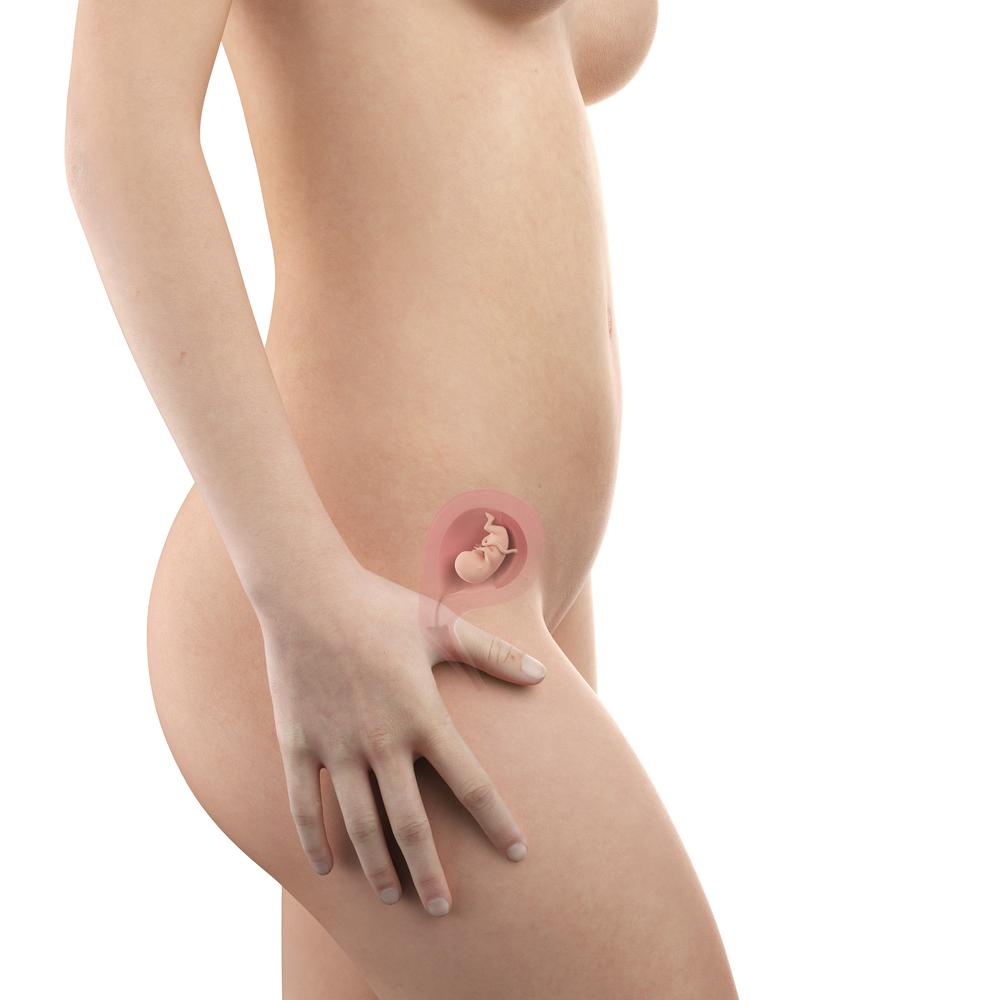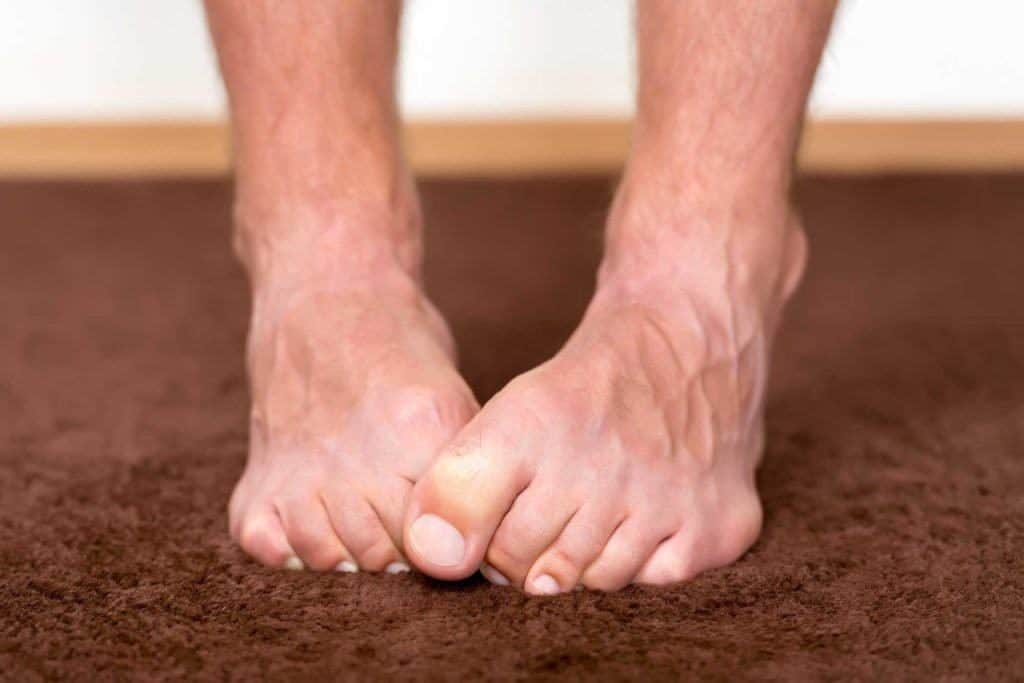Contents:
- Medical Video: What are the benefits of breastfeeding for both mom and baby?
- Overview of the benefits of breastfeeding for mothers
- Exclusive breastfeeding can reduce the risk of hypertension in nursing mothers
- Breastfeeding decreases the risk of atherosclerosis, which is associated with hypertension
Medical Video: What are the benefits of breastfeeding for both mom and baby?
Breastfeeding saves many health benefits for women. Besides reducing the risk of heart disease, exclusive breastfeeding programs can also reduce the risk of hypertension in nursing mothers. What is the connection between breastfeeding and blood pressure? How long should you breastfeed to avoid the risk of hypertension? Check out the answer below.
Overview of the benefits of breastfeeding for mothers
Health experts around the world recommend that every mother breastfeed her baby for at least the first 6 months after birth. This is because breastfeeding offers a myriad of health benefits, both for the mother and the baby.
Especially for mothers, various studies have proven that breastfeeding can help burn fat, reduce stress, maintain heart health, and reduce the risk of various chronic diseases - from heart disease, breast cancer, ovarian cancer, to osteoporosis.
Exclusive breastfeeding can reduce the risk of hypertension in nursing mothers
The results of a recent study published in the American Journal of Epidemiology reported that the risk of hypertension in nursing mothers dropped dramatically if they underwent exclusive breastfeeding programs for at least 6 months. Not only that, the longer you breastfeed can also reduce the risk of obesity and insulin resistance.
Overall, the study found that women who breastfed exclusive breastfeeding for at least 6 months had a smaller chance of experiencing high blood pressure in the next 14 years than women who only gave bottle milk. The study was conducted on more than 50 thousand breastfeeding mothers (those who are exclusively breastfed and who provide formula milk) in the United States.
This study does not directly prove that breastfeeding can make blood pressure healthier. However, researchers suspect that the release of the hormone oxytocin when breastfeeding can have long-term effects on blood vessel health and blood pressure stability, which is then associated with a reduced risk of hypertension in nursing mothers.
Oxytocin is a relaxation trigger hormone, whose effect may also be reflected in blood vessel function.
Breastfeeding decreases the risk of atherosclerosis, which is associated with hypertension
Sanne Peters, a researcher at Oxford University said that breastfeeding can reduce a woman's risk of experiencing hardening of the arteries, aka atherosclerosis. Atherosclerosis is a risk factor for stroke and heart disease.
How did it happen? Breastfeeding turns out to change the mother's metabolism immediately after giving birth. During pregnancy a woman's body is "programmed" to collect fat to ensure the womb baby gets enough nutrients and also for preparing breastfeeding when the baby is born.
Well, previous research shows that breastfeeding can release these fat reserves more quickly. If the mother does not breastfeed, the fat reserves that are no longer needed will remain in the body. This can cause weight gain and increase risk factors for hypertension and heart disease after childbirth.
That is why experts recommend that babies be exclusively breastfed during the first 6 months of life, then continue while interspersed with solid foods until they are one year old.













